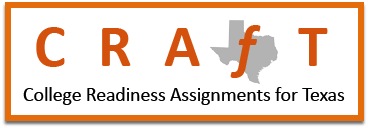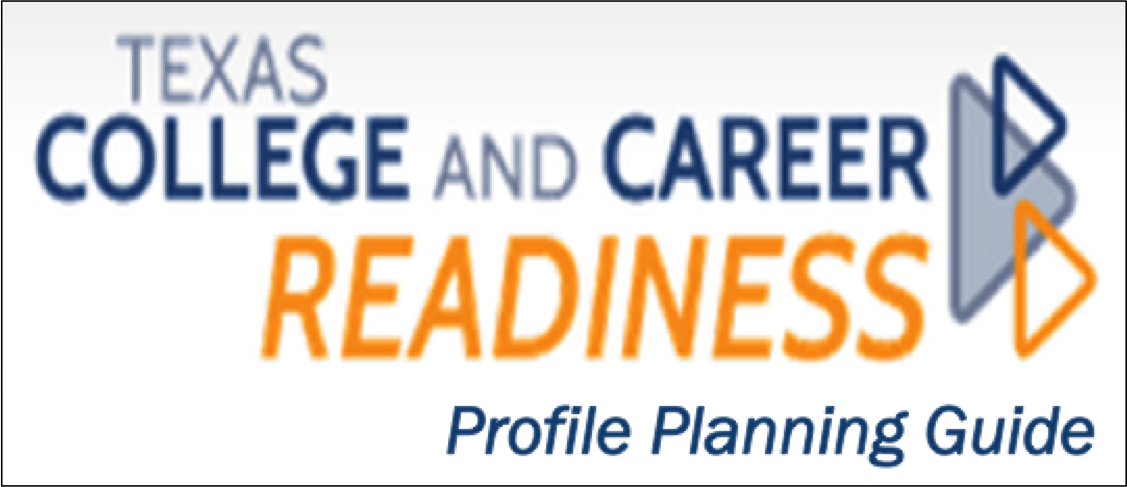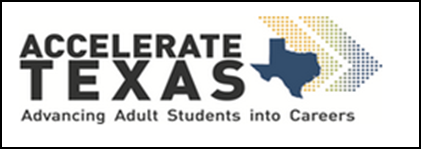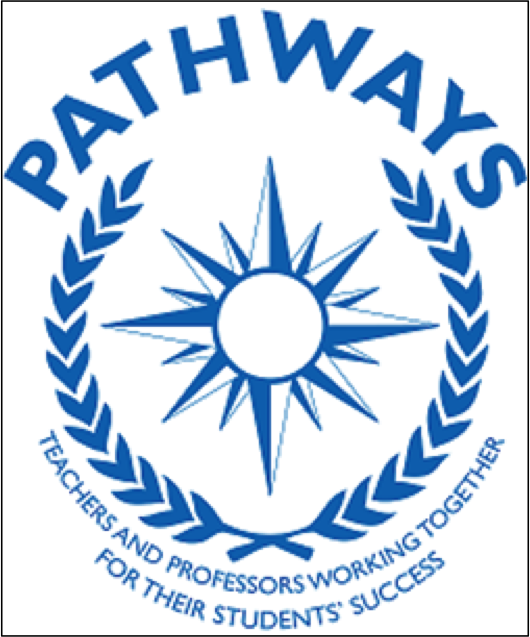THECB and UH Host Student Success Summit
August 2015 | Houston, Texas
BY: Amy Williams
The Student Success Summit, held July 14 - 15, 2015, offered participants access to national and regional speakers and program resources in support of student success in higher education. The sessions encouraged participants to explore and exchange models of practice and evidence-based strategies. Faculty, academic affairs staff, student services personnel, and administrators from institutions across Texas attended.
The summit featured keynote speaker Vasti Torres, Dean of the College of Education at the University of South Florida in Tampa. The summit engaged participants in breakout sessions, interactive plenaries, and networking opportunities, and were led by notable presenters, such as Margaret Floyd, Director of Supplemental Instruction at The University of Texas at San Antonio, Conchita Hickey, Ph.D., Dean of University College at Texas A&M International University, and Don Wood, Ph.D., Vice President for Institutional Effectiveness at Odessa College.
The summit also featured a presidents panel that discussed Creating a Culture for Student Success. The panel was facilitated by Jerel Booker, J.D. Deputy Assistant Commissioner, College Readiness, Texas Higher Education Coordinating Board and included Dana Hoyt, Ph.D., President of Sam Houston State University, Russell Lowery-Hart, Ph.D., President of Amarillo College , and Brent Wallace, Ph.D., President of North Central Texas College.
Julie Schell, Director and Clinical Assistant Professor at the University of Texas at Austin (UT-Austin) and Director of OnRamps and Strategic Initiatives at UT-Austin's Center for Teaching and Learning, was among the summit's presenters. In her presentation entitled How to Help People Remember What They Learn, Schell explained why students often fail to remember essential course material, despite spending a good deal of time studying.
Educators often encourage their student to engage in numerous learning strategies in an effort to remember course material. Maintenance rehearsal is the act of using rehearsal or repetition without considering or attributing deeper meaning of the material which is trying to be remembered. On the other hand, elaborative rehearsal is a type of learning strategy that synthesizes material to be learned with different aspects of other known facts, or with deeper meanings. Retrieval practice is another strategy in which material is actively recalled to memory, without re-engaging in the material. This last strategy is one that Schell argues is not used enough.
Schell noted that as educators and students, many depend on maintenance and elaborative rehearsal learning strategies. Using retrieval practice is scientifically one of the most effective ways to not only learn information, but also to remember it. Schell describes this type of learning as "sticky learning," to signify how the brain's neurons connect new information with old information, and grow more connections in the brain.
Schell noted the importance repeated retrieval practice plays in learning. "The more retrieval, the better," said Schell.
Research shows that a feedback mechanism, that is, a way to let students know whether or not their answer was correct, can also increase the effectiveness of retrieval practice. In addition, delayed feedback and spacing the retrieval practice can also increase the effects of retrieval practice.
Schell identified six ways educators can increase the likelihood that their students will learn the best. She suggests learners engage in the following behaviors:
1. Identify content area.
2. Identify what needs to "stick."
3. Engage students in retrieval practice.
4. Provide a mechanism for feedback.
5. Space the retrieval practice.
6. Interleave the practice.
"To help students succeed, teach them how learning works," said Schell.
During the presentation, participants used their own style of learning strategies to see how effective they were. Once the presentation concluded, participants were able to brainstorm ways they could use retrieval practice in their classrooms and campuses.


 Show Printable Version
Show Printable Version




